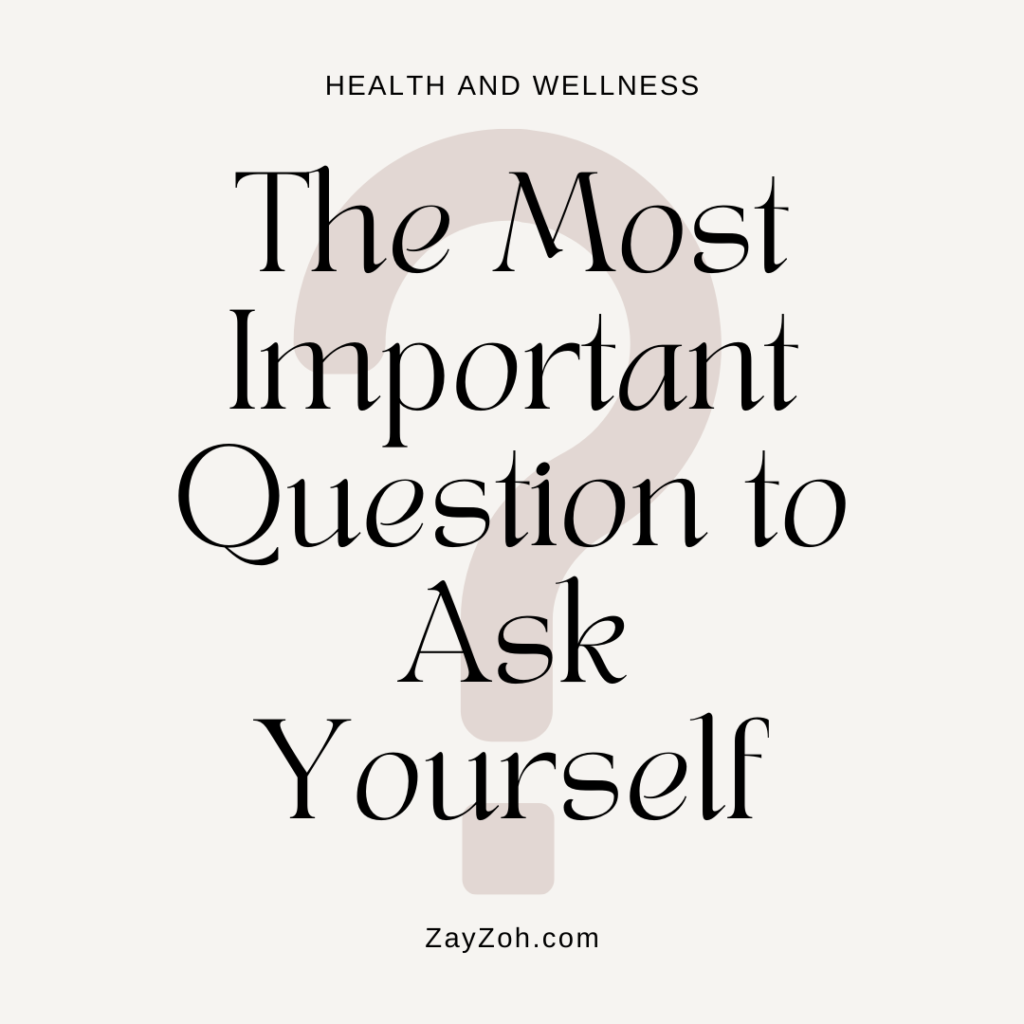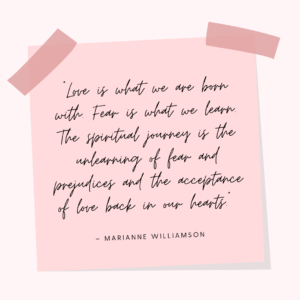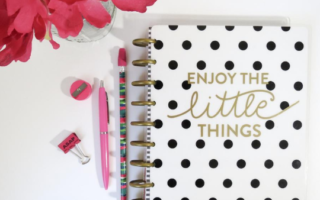Table of Contents
The Most Important Question to Ask Yourself
A new way of relating to each other
I recently read Gary Zukav’s Spiritual Partnership. In addition to teaching me the most important question to ask myself, this book changed my mindset around relationships. Zukav says the old way of relating to each other–the five sensory way–is outdated because our consciousness expands beyond five sensory limitations. For example, we see situations through a more mindful lens. We are aware of the deeper meanings and lessons in our day-to-day interactions with people and nature. We no longer see conditions at face value.
These subtle shifts in consciousness are significant because they usher in a new way of relating to the world–the multisensory way. Our multisensory system “detects wisdom and compassion, intelligence and design, purpose and existence that are not physical.” In other words, this new way of relating to each other taps into our emotional intelligence, spiritual awareness, and intuition.
The core issue of our challenges
When we experience life beyond the five senses–beyond what we see with our eyes and hear with our ears–we sense the fundamental tension lying beneath all of our interactions: love versus fear.
Marianne Williamson says, “Love is what we are born with. Fear is what we learn. The spiritual journey is the unlearning of fear and prejudices and the acceptance of love back in our hearts.” Through our five sensory conditioning, we have distorted love into something romantic, conditional, and farfetched. We act as though love is reserved for the rich, the beautiful, the powerful, and the saints. Even members of the groups mentioned above don’t feel worthy of love. We spend so much of our time fearing we may lose or never find it.
When we, however, remember what Williamson says–that love is what we are born with–and that we can neither gain nor lose it, we make the life-affirming choice of love over fear.
The most important question to ask
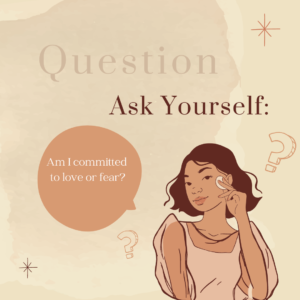 The most important question to ask ourselves is, “Am I committed to love or fear?” We make all of our decisions in love or fear. Learning to recognize that choice helps create what Zukav calls authentic power–the alignment of your personality with your soul. It is the opposite of external power–your ego protecting and defending itself.
The most important question to ask ourselves is, “Am I committed to love or fear?” We make all of our decisions in love or fear. Learning to recognize that choice helps create what Zukav calls authentic power–the alignment of your personality with your soul. It is the opposite of external power–your ego protecting and defending itself.
When we choose from a place of love, we no longer attach to outcomes. We no longer manipulate, deceive, and blame. When we commit to love, we take responsibility for our feelings and actions. We have compassion for ourselves and others. We welcome opportunities for spiritual growth.
Creating authentic power
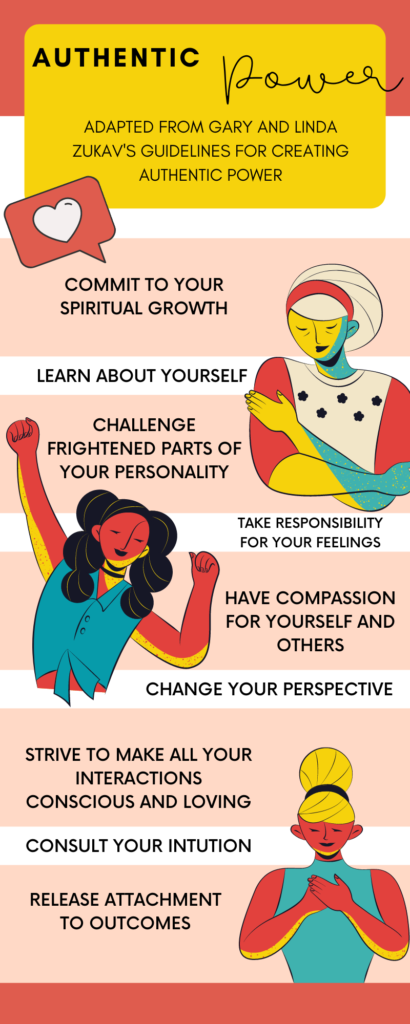 As a classroom teacher working with teenagers, my ego is challenged daily. I was twenty-three years old when I started teaching high school. I looked like a student, and I was scared the kids would run over me. I thought the only way I would gain their respect was to make them fear me.
As a classroom teacher working with teenagers, my ego is challenged daily. I was twenty-three years old when I started teaching high school. I looked like a student, and I was scared the kids would run over me. I thought the only way I would gain their respect was to make them fear me.
I sought external power. I tried to control students with threats of consequences, including detention and parent conferences. When something went wrong, I blamed the students for their behavior and the administration for not supporting me. I feared being fired, mocked, and humiliated. I was so committed to fear I couldn’t see how I was exacerbating situations and creating my suffering.
It’s important to remember that the people we interact with are more than likely also operating from a place of fear. When we intend to manipulate, deceive, and blame others who intend to manipulate, deceive, and blame us, the result is a hot mess of lies disguised as goodwill.
But if you commit to love and spiritual growth, you commit to truth and honesty. Such a commitment will guide you intuitively to people who share your commitment. Your interactions and relationships will shift to a higher realm of consciousness.
Committing to love is a daily practice that may seem daunting or impossible. It takes patience and compassion. But the benefits far outweigh the consequences of committing to fear. I’d rather go through the growing pains of love than sulk in misery.
